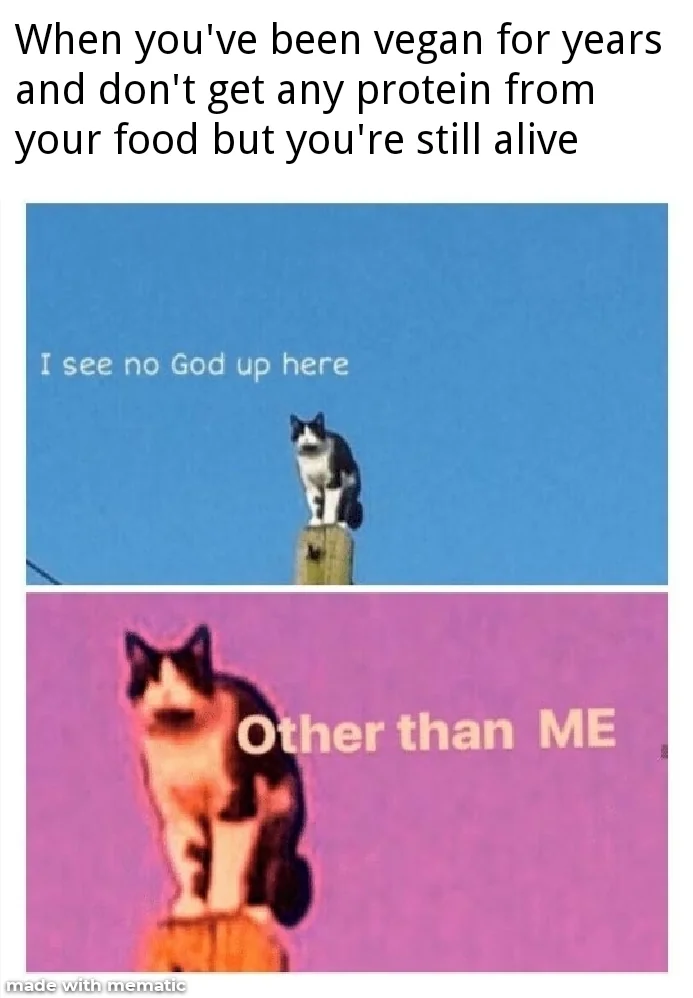UB: To start with, we tried to argue with our book against a very dynamic treatment dealing with ecological crisis: what we call green capitalism, or the green economy, or ecological modernization of capitalism. Which is: we have a problem with the combustion engine so it should be the electric engine. This will not be sufficient, we know, because the resources have to come from the South and there is still the space problem.
We prepare our argument of solidary mode of living against a strong expectation of the green side of the government in Germany and Austria that we don’t have to question our imperial mode of living: we green it a bit. There’s a greening ecological modernization, if you like. I’m sure in Canada you have similar debates. Even many movements believed it; not the radical movements, but many NGOs and so on.
We argue: no, if we take the problem seriously: that we have to get rid of the capitalist growth imperative, that we have to get rid of the world resources market, this enormous flow from the South to the North. We need principles but also to take seriously experiences and then certain policies towards the solidary mode of living. This chapter is a first attempt. It’s very comprehensive and it was also criticized—which is why we’re writing another book.
But you point at a distinction which to us seems crucial: the distinction between the subjective preconditions and the objective preconditions. We don’t accept an environmentalist discourse that says “it’s just behaviour, it’s just the consciousness.” But we also don’t say, “it’s just the policy framework.” We say that if we want a real mobility transition, but only from the combustion engine to the electric engine, we need an understanding via conflicts and via learning processes that the car is not only not necessary but it’s not attractive. It’s a struggle over subjectivities that what we call the “automobile imperial mode of living” or “imperial automobility” is not any longer possible.
The objective conditions are the other infrastructures, the other production systems, which means also a loss of jobs. I work a lot with trade unions on this. A reduction of the car industry means to rethink how the production of mobility is organized and to take the power from the automotive industry and to produce much more the means for public transport. The argument from the automotive industry is always: “There is job loss.” And the unions are on their side. It’s necessarily to convince them to have good public transport—which does not mean planes but a good train and bus system—means also to create jobs. This is the subjective and objective.
Then, we have some principles. One principle, since we come from critical theory, is that the care principle—a principle to organize society carefully: to have care for yourself, for others, for nature, for society—should overrule the profit principle of the large companies. At the large scale of the automotive industry and military, the profit motive turns into political power. We have to reduce certain production but we also have to change property relations.
Another principle beside this care principle is to rebuild the public sector. Of course, we have many problems with the public sector. Corruption, inefficiency: we are aware of these things. But to guarantee basic provisioning, we need a strong public sector because this can be made responsible. When it comes to pensions, when it comes to health, when it comes to education, the private principle is “who has the money?” The public principle is that it’s a social right.
Finally, we argue that we need strong social movements, which are usually the indicators of the need of radical change. We have this wonderful movement in Germany to leave the coal in the soil and the anti-nuclear movement that has decades of experiences and work. At the end, it’s political contestation: it needs to be armoured—to draw on Gramsci—with coercion and the finances of the state. It needs a macro perspective. It’s not enough to remain within a niche. But we defend that the radical innovation usually comes from the edges. For example, we don’t argue “we have to wait until the majority wants it.” We need these starting points of an emancipatory politics, which means criticizing domination in a manyfold sense.
You’re reading the Climate Forward newsletter, for Times subscribers only. News and insights for a warming world. Get it with a Times subscription.
Ah, so that's why it's not a free and accessible article. This kind of article is tucked away.


Looks like a ranch.
It makes a lot more sense if you know how ranchers deal with "trespassing" animals.